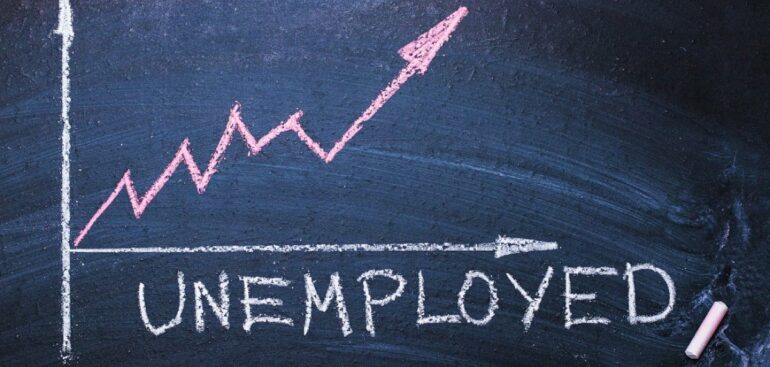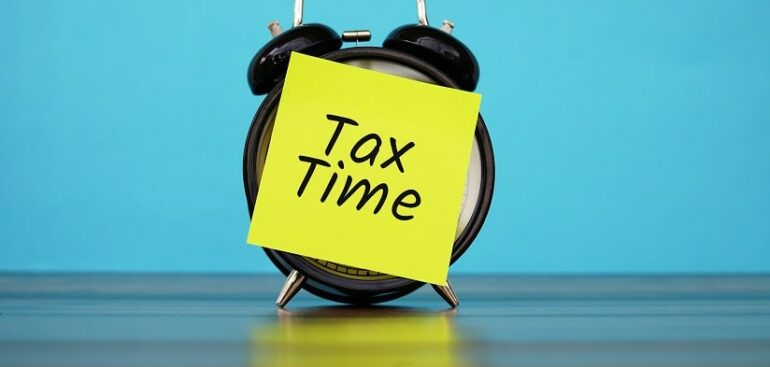
COVID-19 amounts and amended CRA T4A slips
If you have already filed your tax return and have amended COVID-19 amounts, the CRA will automatically adjust your return. No further action is required by you.
For details: T4A: Report COVID-19 amounts
Updates on changes to the Canada Revenue Agency (CRA) services, due dates and programs affected by the pandemic.
Most requested
- Canada Recovery Benefit (CRB)
- Canada Recovery Caregiving Benefit (CRCB)
- Canada Recovery Sickness Benefit (CRSB)
- Canada Emergency Rent Subsidy (CERS)
- Canada Emergency Wage Subsidy (CEWS)
- Canada Recovery Hiring Program (CRHP)
- Canada Emergency Response Benefit (CERB)
Source: https://www.canada.ca/en/revenue-agency/campaigns/covid-19-update.html

